The World Health Organization (WHO) has warned that Gaza’s health crisis is worsening, with no aid or medical supplies entering the enclave for two months due to an ongoing Israeli blockade.
WHO spokesperson Margaret Harris told Anadolu Agency (AA) that the blockade has choked off humanitarian deliveries, leaving the population in dire need.
“People in Gaza are deprived of everything – food, clean water, shelter and crucially, access to medical care,” Harris said.
She added that fear of Israeli attacks on hospitals – many of which have already been hit during the 18-month military campaign – has kept residents from seeking treatment. Such attacks raise serious concerns of potential war crimes, as health care facilities are protected under international law.
Hospitals are running dangerously low on essential supplies needed to treat the wounded, she said.
“They lack blood. They lack the intravenous units needed to deliver fluids.
“They lack swabs for cleaning wounds and antibiotics to prevent infection,” Harris said.
More deaths loom
Harris emphasized that resources are critically limited, and many patients arriving at hospitals have injuries that are highly prone to infection.
“Remember that they are under bombardment every day, so they suffer traumatic injuries – broken bones, open wounds, very dirty wounds because people are trapped under rubble and debris,” she said.
“There’s a great risk of many different wound infections. And for people living in such harsh conditions, suffering from malnutrition, lacking food and crowded together, infectious diseases spread rapidly.”
She said many are also suffering from diarrhea due to the lack of clean water, further compounding health risks across Gaza.
Hospitals are overwhelmed and struggling to keep up. Only 21 hospitals are partially operating, along with four field hospitals – none of which have enough beds for the growing number of patients.
“They often have to send people home too quickly – before they’ve fully recovered – just to make room for the next patient,” Harris said. “Or if there are no beds, they treat very sick, severely wounded people in the corridors.”
In such conditions, “you can expect that many more people will die of their wounds,” she added.
The blockade has made the work of health care professionals nearly impossible, Harris said. The WHO has a team inside Gaza and two storage facilities just outside the enclave, stocked with supplies from the last cease-fire. But those supplies can’t be used as Israel is blocking access.
“We’re really running out of everything,” she said. “We’ve got huge amounts of supplies. We have 16 trucks waiting in al-Arish, packed with materials, but we’re not being allowed to bring them in.
“That means the health care workers, who are already lacking everything, are close to the breaking point. So there’s a great risk.”
Despite the dire situation, Harris said the WHO remains committed to operating in Gaza. Its mission goes far beyond delivering supplies.
“We provide disease surveillance to understand what infectious outbreaks are occurring. We also help coordinate the evacuation of patients,” she said.
“So while delivering supplies is a critical part of our work in Gaza, it’s not the only thing.”

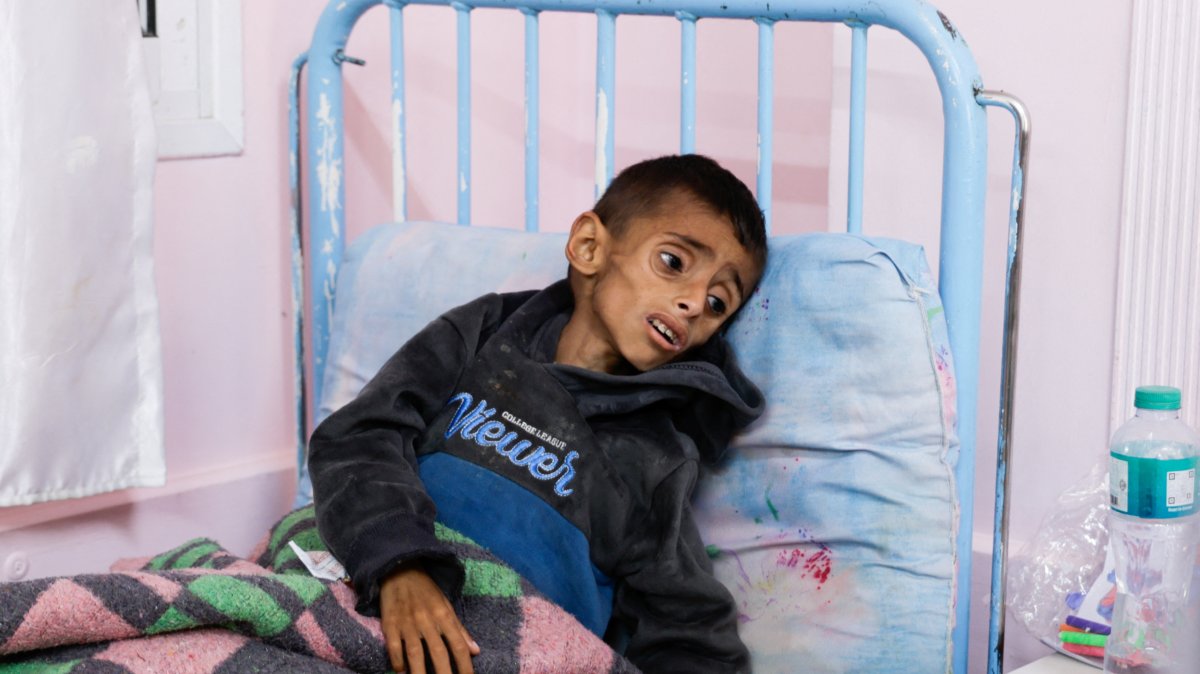
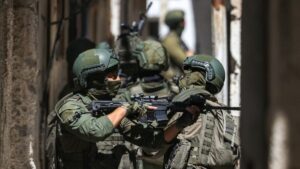
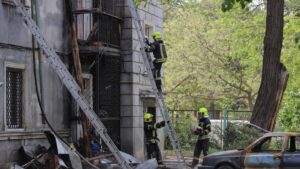

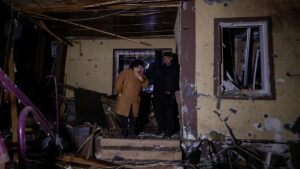
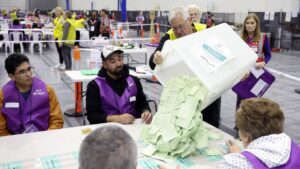

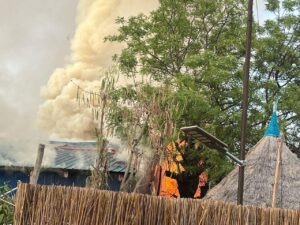
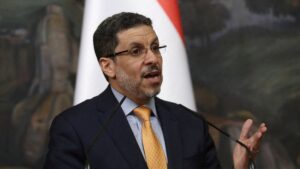
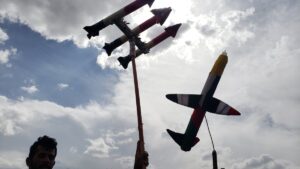

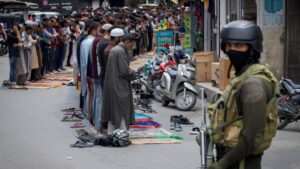

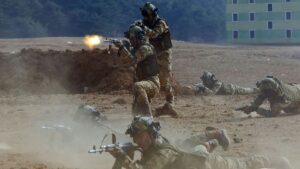
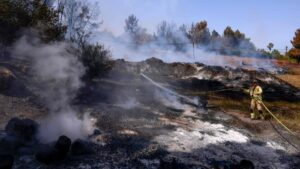
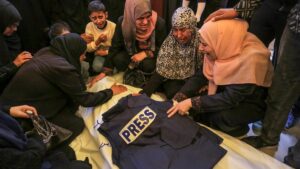


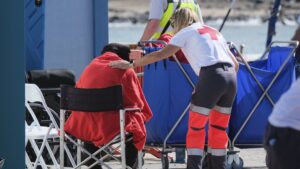
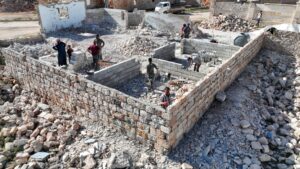


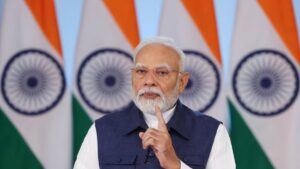

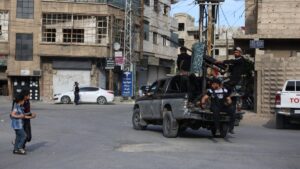
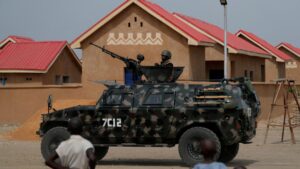
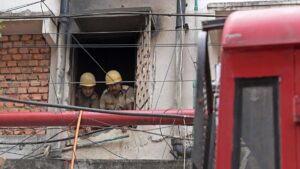
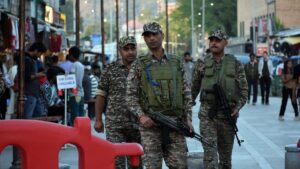





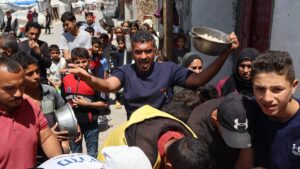
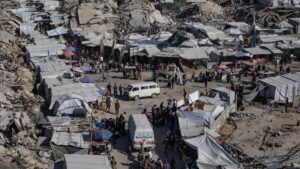
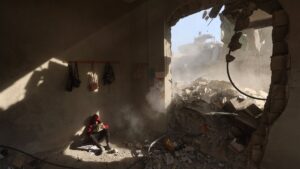


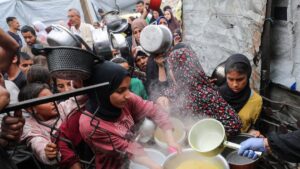

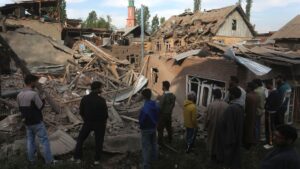
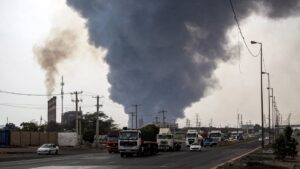


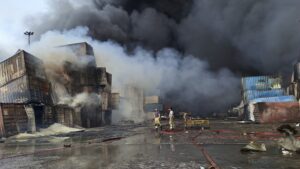


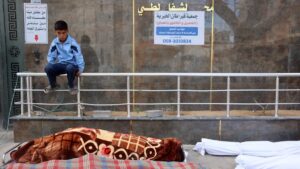



Be First to Comment